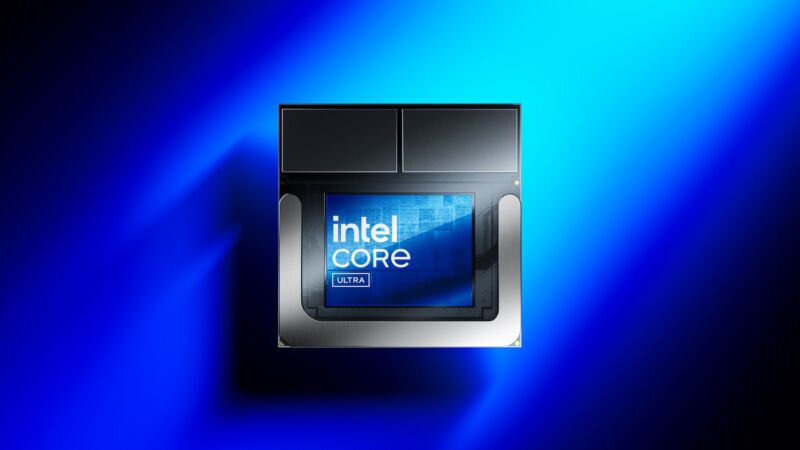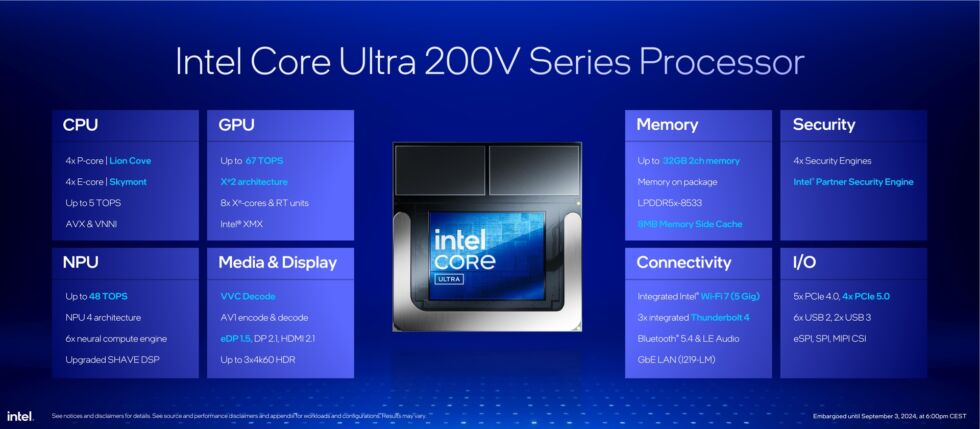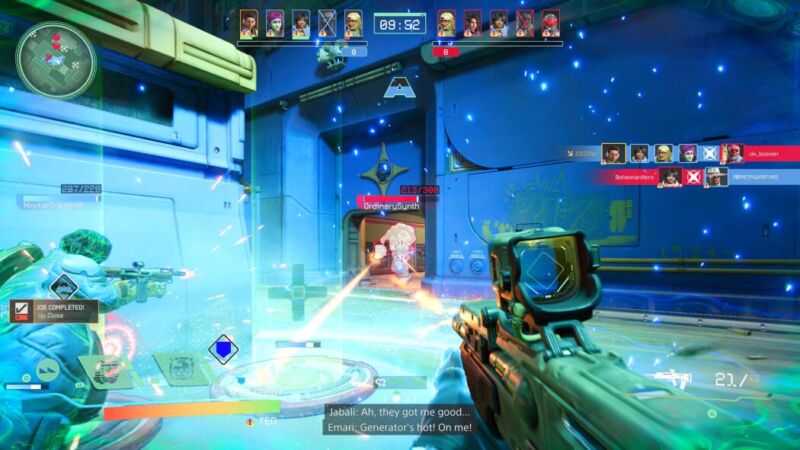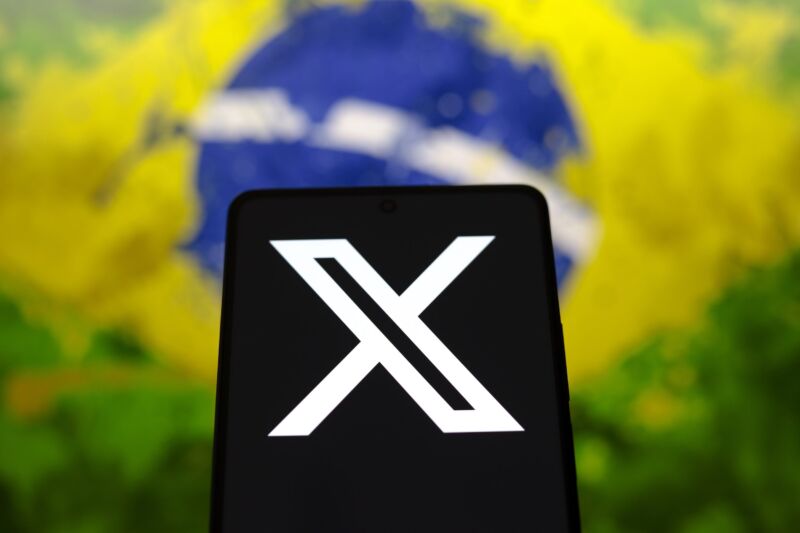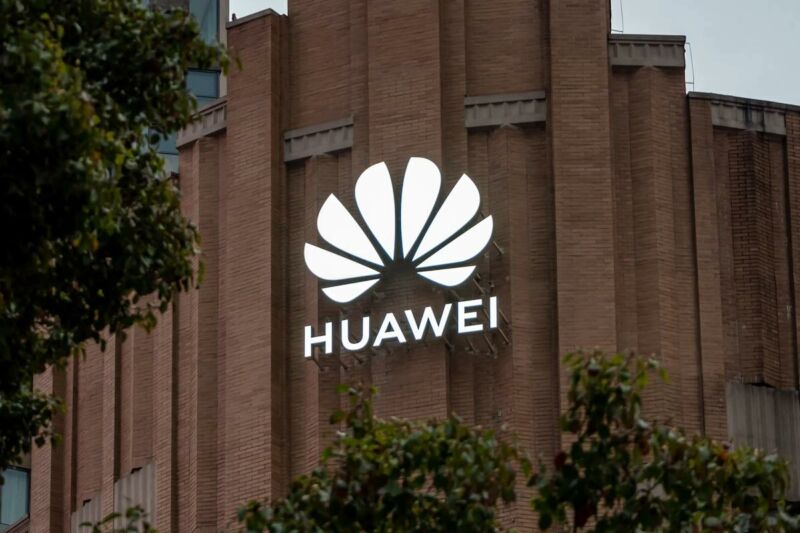-
 chevron_right
chevron_right
Rust in Linux lead retires rather than deal with more “nontechnical nonsense”
news.movim.eu / ArsTechnica · Tuesday, 3 September - 19:38 · 1 minute

Enlarge / Rust never sleeps. But Rust, the programming language, can be held at bay if enough kernel programmers aren't interested in seeing it implemented. (credit: Getty Images)
The Linux kernel is not a place to work if you're not ready for some, shall we say, spirited argument. Still, one key developer in the project to expand Rust's place inside the largely C-based kernel feels the "nontechnical nonsense" is too much, so he's retiring.
Wedson Almeida Filho, a leader in the Rust for Linux project , wrote to the Linux kernel mailing list last week to remove himself as the project's maintainer. "After almost 4 years, I find myself lacking the energy and enthusiasm I once had to respond to some of the nontechnical nonsense, so it's best to leave it up to those who still have it in them," Filho wrote. While thanking his teammates, he noted that he believed the future of kernels "is with memory-safe languages," such as Rust. "I am no visionary but if Linux doesn't internalize this, I'm afraid some other kernel will do to it what it did to Unix," Filho wrote.
Filho also left a "sample for context," a link to a moment during a Linux conference talk in which an off-camera voice, identified by Filho in a Register interview as kernel maintainer Ted Ts'o, emphatically interjects: "Here's the thing: you're not going to force all of us to learn Rust." In the context of Filho's request that Linux's file system implement Rust bindings, Ts'o says that while he knows he must fix all the C code for any change he makes, he cannot or will not fix the Rust bindings that may be affected.



